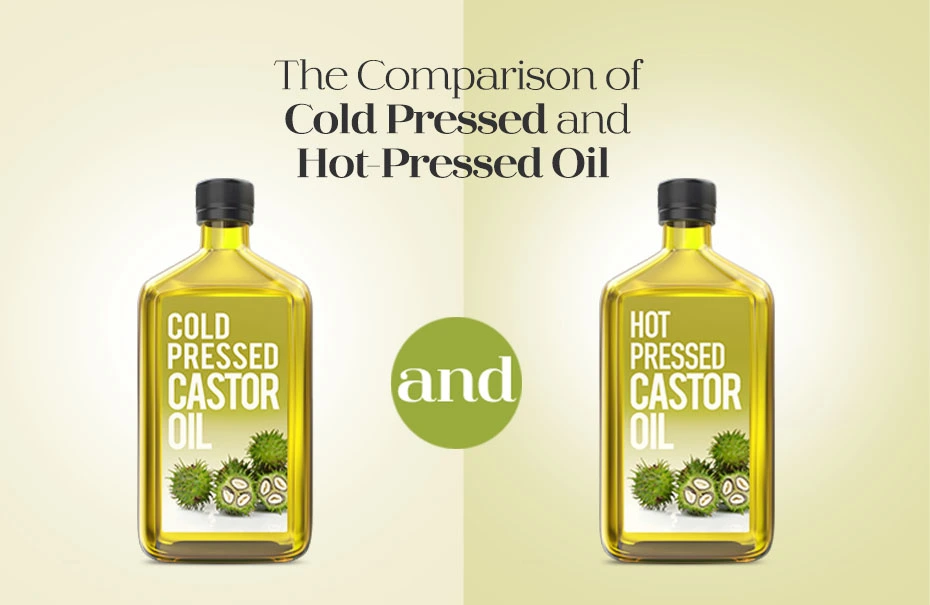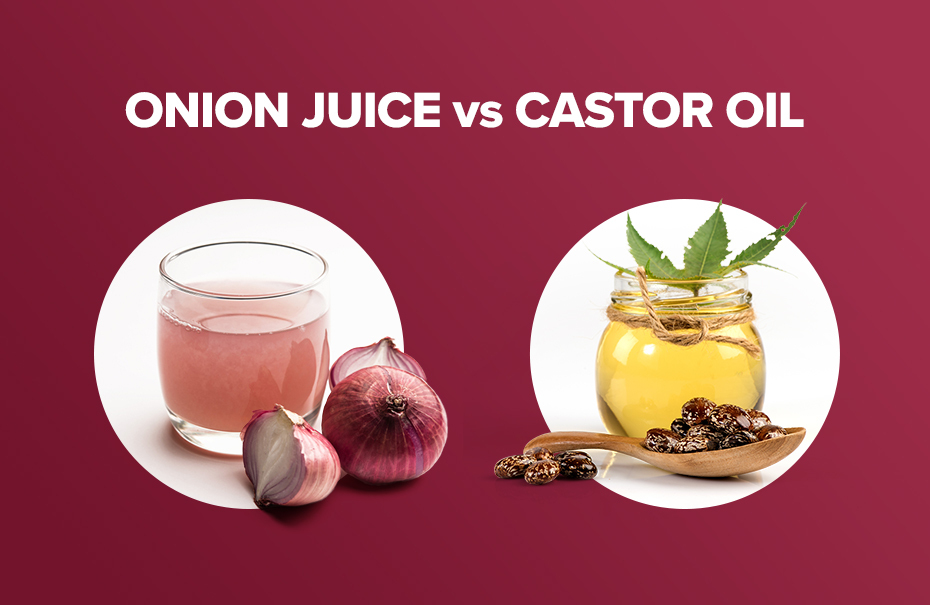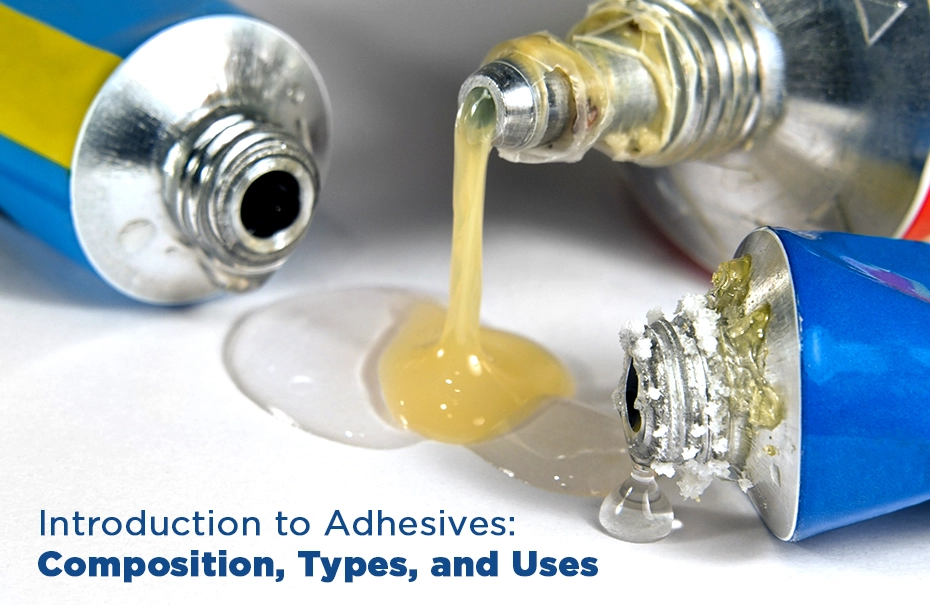The Comparison of Cold-Pressed and Hot-Pressed Oil

Cold-pressed, hot-pressed, refined, double-filtered, extra-virgin, fortified – buying an oil be it edible or for application, appears to be more challenging due to the various terms added to it as we mentioned. Since discussing all in one go would be difficult, today we are clearing the most significant confusion and dilemma for all – the difference between cold-pressed and hot-pressed oils. Ready? Let’s begin.
Oil and The Health Concern
Oils can be easily adulterated, due to which the health concerns regarding the usage of both edible and non-edible oils are on the rise, and people are now preferring healthier options for the same. With refined or highly-processed oils being blamed for all sorts of chronic diseases, including heart disease, obesity, cancer, and diabetes, people are switching to healthier ones among which are cold-pressed, extra-virgin, fortified oils.
While we take extra care in selecting edible oils, we often ignore tracking the nature of non-edible oils like hair and body oils which are also today a victim of adulteration. We think that since they are for external applications, any oil will do. Well, that’s where we are committing the biggest mistake, as well as putting our health at risk because even adulterated hair and body oil pose a serious threat to our health like from minor skin and hair issues to even cancer. So, oil selection is something you must do with utmost care and for which, you must understand first the difference between its nature. So, today let’s understand cold and hot-pressed oils first.
Cold-Pressed Oil
Unrefined oils obtained by pressing seeds and nuts like castor, almond, olives, etc., at room temperature i.e. lower than 49 degrees Celsius, just as it is without being roasted or undergoing any change are called cold-pressed oils.
Hot-Pressed Oil
While hot-pressed are the exact opposite. Just as the name implies, the oil seeds and nuts are subjected to high temperatures and roasted to obtain oil from them.
The Comparison
Cold or hot-pressed, oils appear the same and one cannot differentiate between both just by looking or in cases of edible ones, even tasting them. So then, how to distinguish between the two? What makes them different? Let’s understand all.
The Extraction Method
The major difference that makes both cold and hot-pressed oils different from each other is their production method. Where cold pressing is the traditional and ancient method, hot pressing is the modernized commercial method.
The extraction process for cold-pressed oil involves the crushing of oil seeds and nuts in their natural form. They are neither roasted nor treated in any way and hence the oil that comes out of them is 100% pure and unrefined. Cold-pressing does not require the use of any harmful chemicals or high energy to extract oils. It is performed at lower temperatures i.e. at room temperature and hence due to its natural extraction process, the oil obtained is low in acidic value and thus does not require any kind of refining and can be readily used immediately after extraction.
Whereas for the extraction of hot-pressed oils, the oil-containing seeds, nuts, or vegetables are first pre-prepared or preconditioned by roasting or warming them at high temperatures. Now, since the fragrance and some of the nutritional value are lost during the roasting process, the seeds and nuts are treated with chemicals to help retain them and to increase the yield. Thus, the addition of chemicals makes the appearance of hot-pressed oils a bit dark and also increases their acidic value, hence are refined to remove dust or stone particles, and to enhance their appearance.
Nutritional Value
It goes without saying that cold-pressed oils have an upper hand over hot-pressed oils when it comes to nutritional value because as we explained in their extraction process, the seeds and nuts are used in their natural form for cold-pressing while for hot-pressing they are roasted.
As heating the raw materials loses most of their nutritional value, certain additives and chemicals such as acetic acid, hexane, and bleaching soda are added to make up for the lost nutrition and to increase oil content. Consumption or application of hot-pressed oil thus is not considered safe for our health and body compared to the cold-pressed oils which do not undergo any treatment or require high temperature or roasting for the oil to be extracted. Therefore, its nutrition value remains intact and are often rich in valuable unsaturated fatty acids, tocopherols, and phenolic compounds that stabilize the oil with respect to auto-oxidation. In fact certain cold-pressed oils like organic cold-pressed castor oil are also rich in Vitamin E and provide anti-inflammatory and healing benefits which is why it is in great demand today.
Shelf-Life & Cost
It is a known fact that natural things have lesser shelf-life compared to the one with additives and chemicals which are added to increase the shelf-life. Therefore, since the cold-pressed oils are obtained naturally, they have limited shelf-life and are a bit expensive than the hot-pressed oils which are treated with chemicals and undergo a hydrogenation process to extend shelf life and are cheaper. But, remember to choose health before your expense.
Yield
An average yield of 35% – 50% of the total weight depending upon the variant of oilseeds is obtained by cold-pressing while hot-pressed oils yield an average of 40% – 60% of the total weight.
The Conclusion
It is clear from the differences that cold-pressed oils stand out far better in all ways than the hot-pressed oils. Although for edible purpose you must go for cold-pressed oils since they are full of health benefits like high nutrition profile, free from chemicals, decrease bad cholesterol in the body, do not give rise to cardiovascular issues, and much more, we suggest that even for outer application one must opt for cold-pressed oils than hot-pressed ones even if they are cheaper because after all, health is all that matters the most.
Isn’t a naturally-obtained, unrefined, 100% pure cold-pressed oil better than refined hot-pressed oil with added chemicals? You decide.
Ambuja Solvex takes pride in being known as the leading manufacturers of cold pressed castor oil in India producing such 100% pure organic cold-pressed castor oil since years which is today one of the most-sought product in the market due to the incredible benefits of castor oil.



